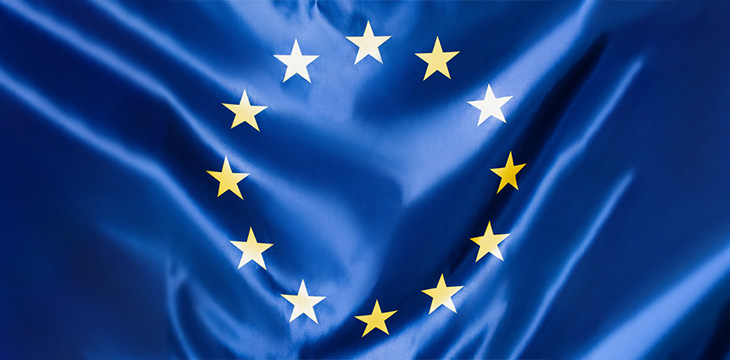|
Getting your Trinity Audio player ready...
|
Tech giants beware as the European Union’s Digital Markets Act (DMA) entered into law on November 1, promising “an end to unfair practices by companies that act as gatekeepers in the online platform economy,” according to the European Commission.
Proposed on December 2020 and agreed upon “in record time” by March 2022, the DMA is aimed at so-called “large online platforms” that act as “gatekeepers”—a term defined as a digital platform that provides an important gateway between business users and consumers.
The legislation will apply to companies with an annual turnover of more than €7.5 billion ($7.4 billion) in the EU or a market capitalization of €75 billion ($74 billion) and those that have served more than 45 million monthly European end users and 10,000 yearly business customers for the previous three years.
Large companies that meet these criteria and operate app stores, search engines, web browsers, cloud services, operating systems, advertising services, video-sharing platforms, and other digital vendors must follow DMA. These ‘digital gatekeepers’ will now be under added obligations, such as allowing third-party services to interlink with their platforms and permitting businesses to connect consumers to outside services.
For example, with the new legislation, the EU could stop Amazon from using sales data to develop its own label products and rank them more favorably by default, and even force Apple (NASDAQ: AAPL) to open iOS’s Walled Garden by 2024—whether it will is another question.
For repeat infringement, fines could reach up to 20% of a company’s worldwide turnover, and the commission would also have the authority to impose “behavioral or structural remedies,” including a ban on further acquisitions.
Companies that cannot demonstrate fair and open platforms won’t be allowed to operate in the EU’s member states.
The DMA goes into effect on November 1, but the EU will give platform holders until the beginning of May 4, 2023, to comply. This means that over the next six months, several large U.S. tech companies, such as Google, Apple, Meta (NASDAQ: META), and Amazon, will have to change how they operate in Europe or potentially face these severe penalties.
Watch: The BSV Global Blockchain Convention presentation, BSV On-chain Ecosystem Development in Europe

 02-20-2026
02-20-2026 




